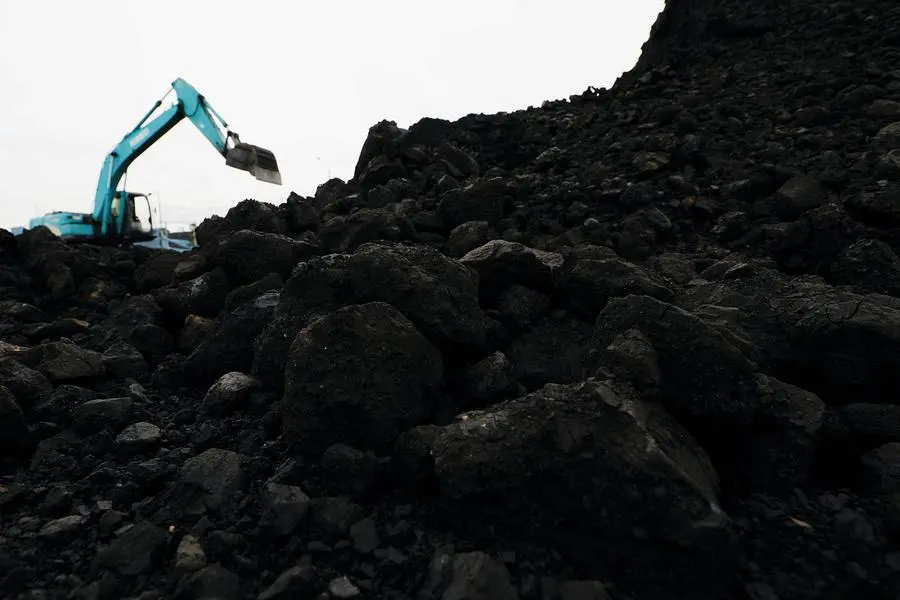PHOTO
Indonesia, the world's biggest exporter of coal used in power plants, will be able to increase output to help meet demand from countries that have lost supplies from Russia, its energy minister said on Wednesday.
Energy and Mineral Resources Minister Arifin Tasrif said countries, which he declined to name, had asked Indonesia for coal in the wake of sanctions on Russia for its invasion of Ukraine, which Moscow calls a "special military operation".
"We will help every country who are short of this kind of material as much as we can," Tasrif said during an interview with Reuters on the sidelines of the Sydney Energy Forum hosted by the Australian government and the International Energy Agency.
Indonesia's target for coal output this year is 663 million tonnes. The minister did not say by how much that target might be raised.
"We have the resources. If we look at the balance, we have to increase our production," he said, adding that miners are obliged to reserve 25% for the domestic market.
While Europe was short on coal, Indonesian coal "probably doesn't meet their specification," Tasrif said, while adding that buyers could possibly adjust their combustion systems.
"In case the situation is very urgent, especially entering the winter season at the end of the year, we don't want to let people suffer without coal. We have to do something on both sides."
The conference in Sydney was focused on energy security and finding ways to accelerate the transition to carbon neutral.
Indonesia sees carbon capture and storage (CCS) as an important way to help meet goals for net zero emissions and plans to issue carbon credits for CCS projects, Tasrif said.
He said Indonesia would issue its first carbon credits for other types of projects "very soon".
There are already three CCS pilot projects in Indonesia, with oil and gas giants like BP and ExxonMobil Corp studying CCS opportunities, and the government is looking for ways to capture carbon from other industries to be sequestered offshore in depleted oil and gas fields. (Reporting by Sonali Paul; Editing by Simon Cameron-Moore)
Reuters





















